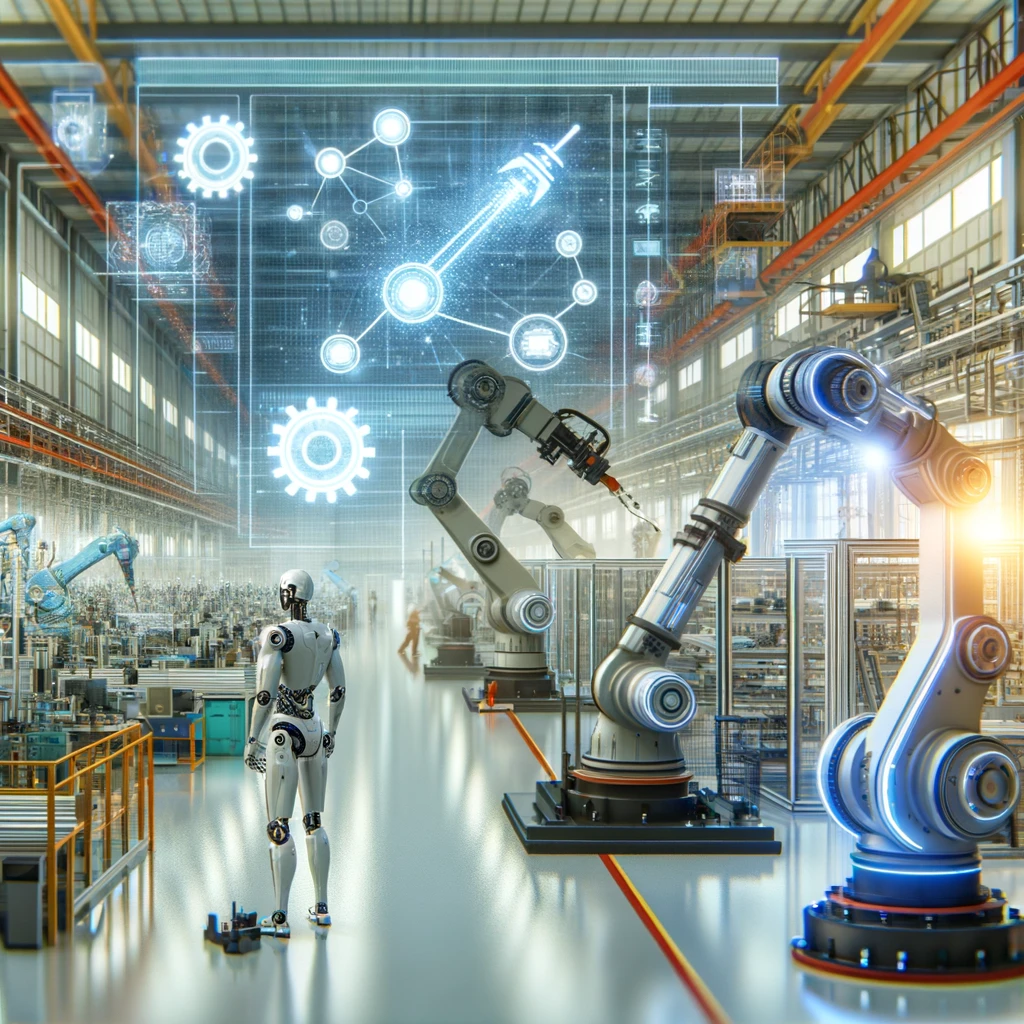
In recent years, the UK has witnessed a growing trend of reshoring manufacturing operations. This movement marks a significant shift from the decades-long practice of offshoring to countries with cheaper labor and production costs. The reasons behind this change are multifaceted, involving economic, political, and technological factors.
Reasons for Reshoring
Economic and Political Factors
The economic landscape has undergone substantial changes. Rising labor costs in traditionally low-cost countries, coupled with the complexities of global supply chains, have diminished the cost advantages of offshoring. Political factors, including Brexit and trade tensions, have also played a role. Brexit, in particular, has prompted companies to reconsider their supply chain strategies, as they face new tariffs and border checks when dealing with EU-based suppliers.
Technological Advancements
Technological advancements, especially in automation and digital manufacturing, have been pivotal. Automation reduces the labor cost advantage of developing countries. Digital manufacturing, including 3D printing and advanced robotics, allows for more flexible and efficient production processes, making manufacturing in the UK more economically viable.
Challenges of Reshoring
Skill Shortages
One of the significant challenges facing companies looking to reshore is the shortage of skilled labor in the UK. The manufacturing sector requires a workforce with a range of technical skills, many of which have declined in availability as manufacturing moved abroad.
Infrastructure and Investment
Investment in infrastructure and technology is another hurdle. To compete globally, UK-based manufacturing needs to be at the forefront of technological innovation, which requires significant investment in new machinery, training, and research and development.
Economic Uncertainty
Economic uncertainty, exacerbated by factors like Brexit and the COVID-19 pandemic, adds another layer of complexity. Companies must navigate these uncertainties while making long-term investment decisions about reshoring.
Potential Impacts
Economic Growth and Job Creation
Reshoring can lead to economic growth and job creation. Revitalizing the manufacturing sector could provide a significant boost to the UK economy, creating jobs not only in manufacturing but also in related sectors such as logistics and retail.
Environmental Benefits
There are potential environmental benefits as well. Shorter supply chains mean reduced carbon emissions from transportation. Moreover, advanced manufacturing technologies often focus on sustainability, further reducing the environmental impact.
Resilience in Supply Chains
Developing local supply chains can enhance resilience. The COVID-19 pandemic has highlighted the vulnerabilities of global supply chains. Reshoring can reduce these risks by shortening and simplifying supply chains.
Reshoring manufacturing to the UK represents a complex but potentially transformative trend. While it poses challenges, particularly in terms of skills and investment, the potential benefits are significant. These include job creation, economic growth, environmental improvements, and enhanced supply chain resilience. As the UK navigates this new industrial revolution, careful planning and strategic investments will be key to its success.

